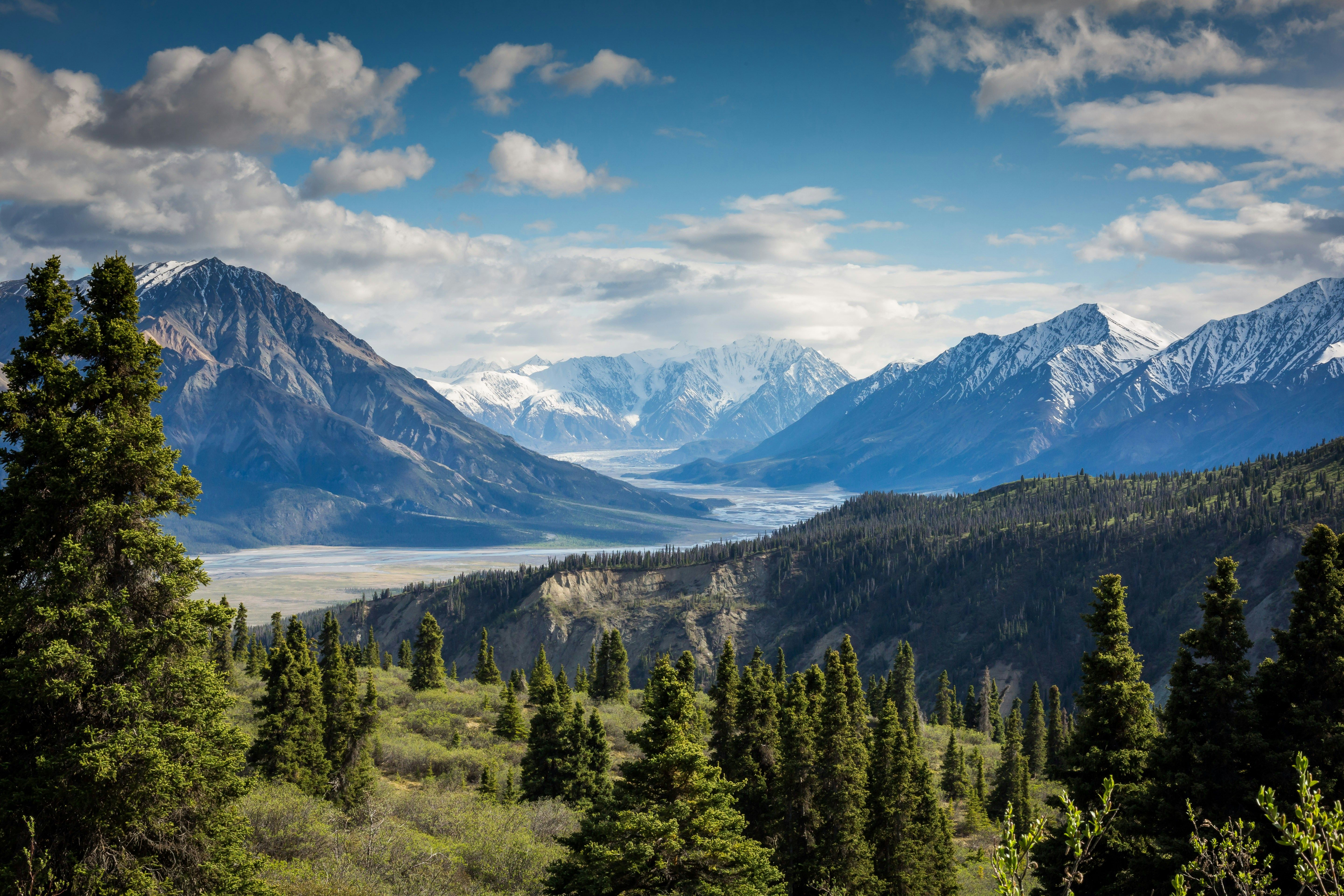United States' Stand on Venezuela's Presidential Elections Labelled as Instigating a Coup by Venezuela
Title: Venezuela-US Tensions Escalate Over Disputed 2024 Election
Venezuela has slammed the US for acknowledging opposition candidate Edmundo González as the winner of the country's presidential election, accusing the US of attempting a coup. In a statement released on Friday, Foreign Minister Yván Gil denounced the US' "absurd" meddling in Venezuela's affairs and labeled their actions as part of a coup attempt.
Caracas claimed that the US' statement generated a "false narrative" intended to fuel violence in the Caribbean nation. The Venezuelan authorities asserted they had taken steps to protect the country's sovereignty. Additionally, they declared their preparedness to confront any challenges from imperialism.
Earlier on Thursday, US Secretary of State Antony Blinken conceded that Edmundo González Urrutia had victory in the July 28th presidential election. Blinken extended his congratulations and urged Venezuelan parties to engage in a peaceful, respectful dialogue for a smooth transition, as per Venezuelan electoral law.
The July 2024 elections marked the path for the 2025-2030 term. Initial results proclaimed by the National Electoral Council (CNE) declared Maduro as the winner with a significant lead over González. However, the outcome was met with resistance from the opposition, led by María Corina Machado. They refused to recognize the results, claiming González won by a landslide, and set up a parallel website to dispute the CNE's results.
The opposition's stance led to protests across various Venezuelan cities on Monday, resulting in violent clashes with security forces. Furthermore, there have been reports of persecution against Chavista organizers, with one such incident involving an opposition mob setting fire to the Socialist Party (PSUV) headquarters in Carora, Lara state, leaving three people severely injured.
The post-electoral unrest has left at least 17 dead and dozens wounded thus far. Defense Minister Vladimir Padrino confirmed the death of a National Guard sergeant and 48 injured officers. Over a thousand arrests have been made in response to the violence, including high-profile opposition figures such as Popular Will's Freddy Superlano.
Maduro has filed an act of amparo requesting the Venezuelan Supreme Court (TSJ) to review the electoral process to validate the results. The Venezuelan president also announced that the PSUV and allied forces were prepared to share all voting totals in their possession, encouraging other candidates to collaborate as well. The Supreme Court's electoral chamber has accepted Maduro's motion and summoned all 10 candidates to appear at its Caracas headquarters.
Multiple countries, including Russia and China, have acknowledged Maduro's new term, whereas Caracas has ordered the withdrawal of its diplomatic personnel from seven Latin American countries over their "meddling in Venezuelan affairs." On Thursday, the Brazilian, Colombian, and Mexican governments issued a joint statement, reiterating support for Venezuelan sovereignty while closely following the vote-tallying process and advocating for institutional resolution of any controversies.
Recent tensions between Venezuela and the US have been marked by the ongoing dispute over the presidential election, allegations of fraud, repression, and ongoing sanctions. Maduro has been sworn in for a third term in the face of constitutional challenges and international condemnation despite failing to implement agreed-upon electoral guarantees from the Barbados Agreement. Additionally, the US has reimposed oil sanctions, accused of violating the Barbados Agreement, and intensified enforcement of immigration policies, provoking legal challenges in US courts.
- The Venezuelan authorities, in their pledging to confront any challenges from imperialism, have agreed to share all voting totals in their possession, inviting other candidates to collaborate as well.
- Despite international condemnation, Venezuelan President Maduro has been sworn in for a third term, failing to implement agreed-upon electoral guarantees from the Barbados Agreement.
- The recent crisis in Venezuela, marked by the post-electoral unrest and ongoing dispute over the presidential election, has resulted in migration, with reports of crime and justice issues arising due to this influx.
- In the midst of heated political tensions between Venezuela and the US, multiple countries, including Russia and China, have agreed to acknowledge Maduro's new term, while the Brazilian, Colombian, and Mexican governments have reiterated their support for Venezuelan sovereignty.
- The Venezuelan opposition, led by María Corina Machado, has set up a parallel website to dispute the National Electoral Council's (CNE) results, and their stance, as evidenced by the protests and violent clashes with security forces, has stirred debates over policy and legislation concerning war-and-conflicts and general news.









